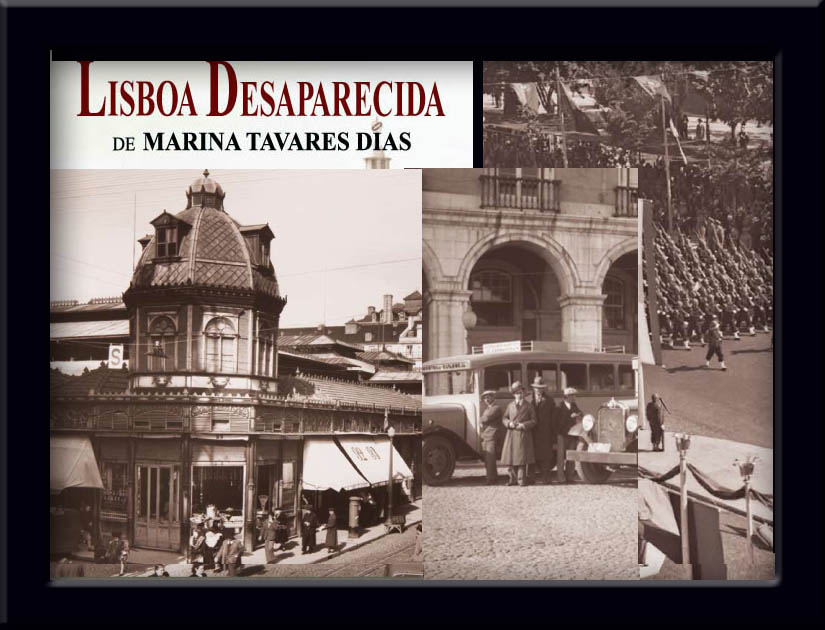FADO – SONGS ABOUT FATE
Pois é: ficámos surpreendidos ao verificar que quase metade dos nossos leitores moram nos Estados Unidos ou usam servidores ali alojados, Como esse dia coincide com aquele em que um deles muito gentilmente pede um «gravura antiga ligada ao Fado» (todas as gravuras antigas estão ligadas ao fado de alguém, diria aqui Pessoa... talvez).
Bem, aqui está a dupla desenhada por Joubert em 1825 e publicada em gravura nesse mesmo ano. Agora,
excuse us...
FADO – THE SONGS ABOUT FATE
«The fado was born one day/ When hardly a breeze was whispering/ And the sea merged into the sky/ In the tacking of a sailing ship/ In the breast of a sailor-boy/ Who was singing in his melancholy» – so goes the poem written by José Régio and sung by Amália Rodrigues. The real origins of Lisbon’s traditional song are probably much more recent than the era of the Discoveries. There is no written record of the fado before the 19th century. Its melody, which is thought to be the successor of the «lundum» danced by black slaves in Brazil, follows a four-line stanza where each line has a 10-syllable count. But aboveall, it reflects a state of spirit, sad and nostalgic, that Lisbon has made its own. During the 19th century, the fado (the song about fate) was sung all over Lisbon, from Calçada de Carriche to the flat-bottomed boats of the River Tagus, through the taverns of Bairro Alto and the narrow streets of Mouraria. The poignant plucking of guitars was heard in Arco do Cego and in Madre de Deus, in Lumiar and in Laranjeiras, in the Quebra-Bilhas tavern and in the bullring at Campo de Santana. The fado was sung markets, in brothels and in palaces.»
LISBOA/LISBON/LISBONNE/LISSABON - A sua história para os turistas / for the tourist who loves History, book by MARINA TAVARES DIAS, 1992.
lithograph by Joubert, 1825
Text by #ArquivoMarinaTavaresDias


Sem comentários:
Enviar um comentário